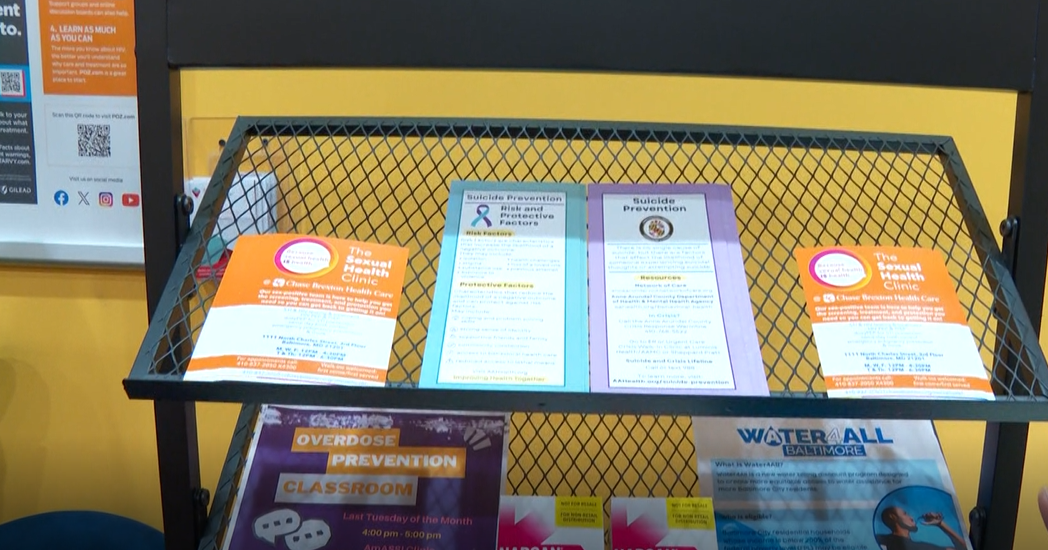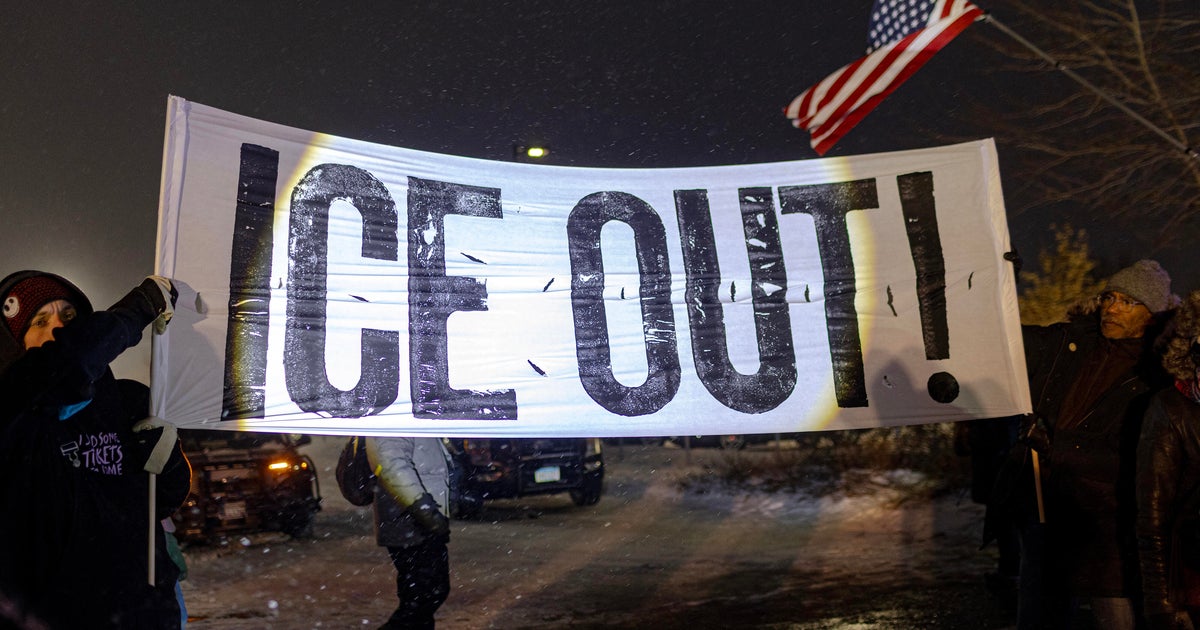Foreign Lottery Scam Costs 81-Year-Old Nearly Half A Million Dollars
BALTIMORE (WJZ) -- A scam targeting the elderly causes a man to give away $400,000 in six years after he says he was told he'd receive more than a million dollars in prizes.
Rochelle Ritchie explains that man is warning others not to follow in his footsteps.
The question that comes to mind when you hear these kinds of stories is "Why would anyone do that?" Well, this elderly man says he saw it as an opportunity to pay for his wife's medical expenses.
-->
A growing lottery scam out of Jamaica is costing Americans millions.
"We see these almost on a daily basis," said Frank Schissler, U.S. Postal Inspection Service.
The U.S. Postal Inspection Service says lottery fraud out of Jamaica and Canada are growing more prevalent by the day, and targeting the elderly with promises of big bucks.
"We're estimating losses at over $42 million in the last three years," said Schissler.
According to the Federal Trade Commission, in 2008, just under 3,700 scams were reported. In 2012, that number jumped to almost 30,000.
Norman Breidenbaugh, 81, is hoping what happened to him won't happen to anyone else.
"I don't have a pot to go in or a window to heave it out of, I lost everything," he said.
The Navy veteran has receipts from wire transfers, showing his poor habit of sending money to Jamaica and Canada after he says he was told he won $2.5 million in a foreign sweepstakes. But in order to receive his winnings, he needed to send $2,000 to pay the fees associated with his prize.
"They're slick, they're very slick," said Breidenbaugh.
In six years, Breidenbaugh sent $400,000--hoping he'd receive his winnings--allowing him to take care of his ailing wife.
"The amount of money they were talking about would give me more than enough money to take care of her for as long as she would have lived," he said.
Investigators are cracking down on the scheme.
"We've had some success and made over 40 arrests of fraudsters in Jamaica operating these kinds of schemes," Schissler said.
Breidenbaugh is now telling his story to the elderly, saying this game has only one winner.
"Don't say another word, hang the phone up," he said.
And the U.S. Postal Inspection Service says if you are really a lottery winner, the only taxes you will need to pay will be to the IRS.
Breidenbaugh's wife died in 2009 and he lost his home last year.







